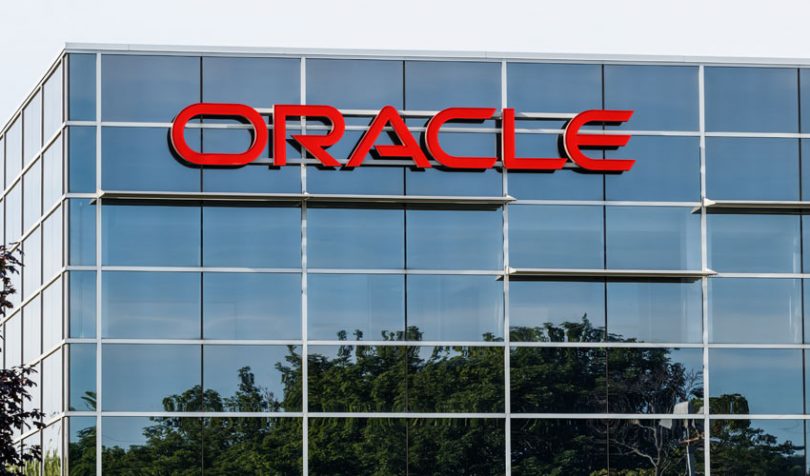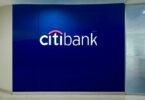Yesterday, tech leader Oracle announced multiple additions to its data management offerings, including a blockchain database table type. An upcoming addition to Oracle Database, the table has rows linked together to form a secure, immutable ledger. Furthermore, it allows blockchain tables to query and run transactions with other non-blockchain tables.
While the announcement didn’t provide significant details, the functionality sounds a little similar to Amazon’s QLDB a blockchain-style database.
These sort of immutable data tables are particularly useful in creating logs which can’t be easily altered. In other words, who made any changes and when can be tracked with confidence.
Oracle is the global leader in enterprise database management. It lead with over 40% market share in 2016 (while second place, Microsoft, only took 19%) and remains the most popular provider today. Of its various software products, the blockchain tables will be native in Oracle Database 20c and Oracle Autonomous Database.
The firm’s autonomous product is perhaps the most interesting since, as Oracle claims, it’s a self-driving database. Launched to clients last year, it leverages machine learning (ML) to automate monitoring, security and tuning processes. This significantly reduces the time and admin spent on maintaining the database, saving costs for the customer.
Along with integrating blockchain, yesterday’s announcement revealed that it will expand its use of ML to build and compare new models in a scalable fashion.
As Andrew Mendelsohn, Oracle’s Executive VP of database server technologies, put it: “Our Autonomous Database sets the bar in the industry, and we’re very excited about introducing many new capabilities across our product line.”
Similar to how blocks in a blockchain are linked together, the firm’s new table type links rows cryptographically. This creates a ledger, allowing for streamlined and secure functionality between different types of tables, with the added peace of mind that the blockchain table data is immutable.
While Oracle is ahead in database solutions, it lags behind competitors like IBM and Microsoft in blockchain offerings. By adding blockchain functionality to its most popular products, it may be a way to encourage existing clients to remain, either using the new blockchain tables or adopting its enterprise platform.
One of the highest profile projects on the Oracle Blockchain is the Global Shipping Business Network which boats three of the world’s stop five shippers and is a major competitor to IBM’s TradeLens.






